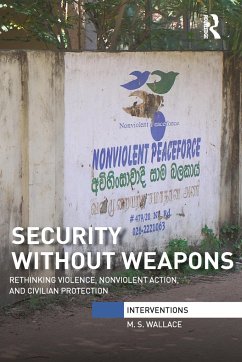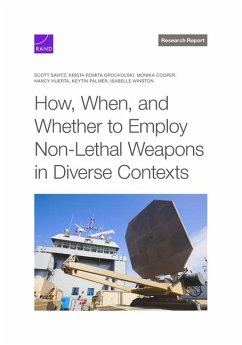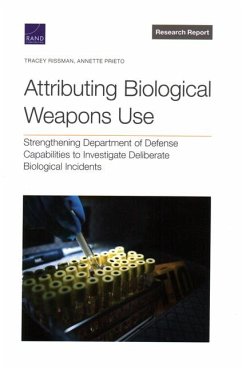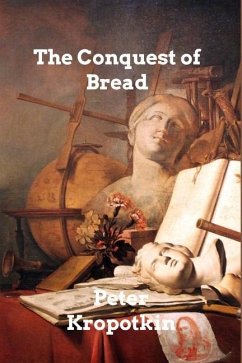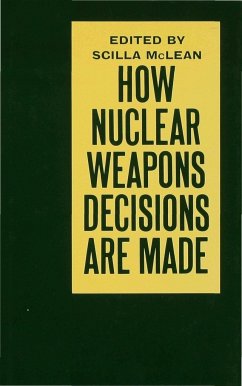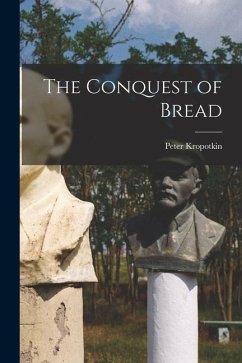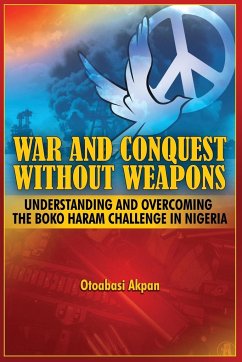
War and Conquest Without Weapons
Tactics and Strategies of Scorching the Phenomenon of Boko Haram in Nigeria
Versandkostenfrei!
Versandfertig in 1-2 Wochen
24,99 €
inkl. MwSt.

PAYBACK Punkte
12 °P sammeln!
The Boko Haram insurgency in Nigeria should be seen as both a phenomenon and as an activity. As a phenomenon it should be seen as expressions of injustice and de-development in Nigeria and as an activity it should be seen as expressions of violence and destruction to satisfy orgiastic aspirations, especially in some northern parts of Nigeria. Again, as a phenomenon, the coverage of Boko Haram is the entire Nigeria while as an activity it has turned northern Nigeria into one boiling cauldron with fear being personalized while insecurity lurks in the streets. With Boko Haram, the sword of Damocl...
The Boko Haram insurgency in Nigeria should be seen as both a phenomenon and as an activity. As a phenomenon it should be seen as expressions of injustice and de-development in Nigeria and as an activity it should be seen as expressions of violence and destruction to satisfy orgiastic aspirations, especially in some northern parts of Nigeria. Again, as a phenomenon, the coverage of Boko Haram is the entire Nigeria while as an activity it has turned northern Nigeria into one boiling cauldron with fear being personalized while insecurity lurks in the streets. With Boko Haram, the sword of Damocles now hangs on every head, especially in the northern region. This deadly scenario provokes soul-searching questions: Why is Nigeria constantly enmeshed in deadly conflicts? What conditions fertilize social violence in our societies? What were the warning signals or accumulation of combustible materials that were ignored? What conditions could engender peace and security in a plural society like ours? Are the violence entrepreneurs engaging Nigeria in conversation or are they determined to crack its history? Is Nigeria sitting on a keg of gunpowder? Are Nigerian youths dissatisfied with the political economy of Nigeria? Is the aggression of the Boko Haram a product of frustration, religious messianism or terrorism? How can the swords of Damocles in Nigeria be turned into ploughshares? And how can the phenomenon of Boko Haram in Nigeria and its activities in some parts of Northern Nigeria be stopped? These are some of the questions which the book tries to provide answers for.





